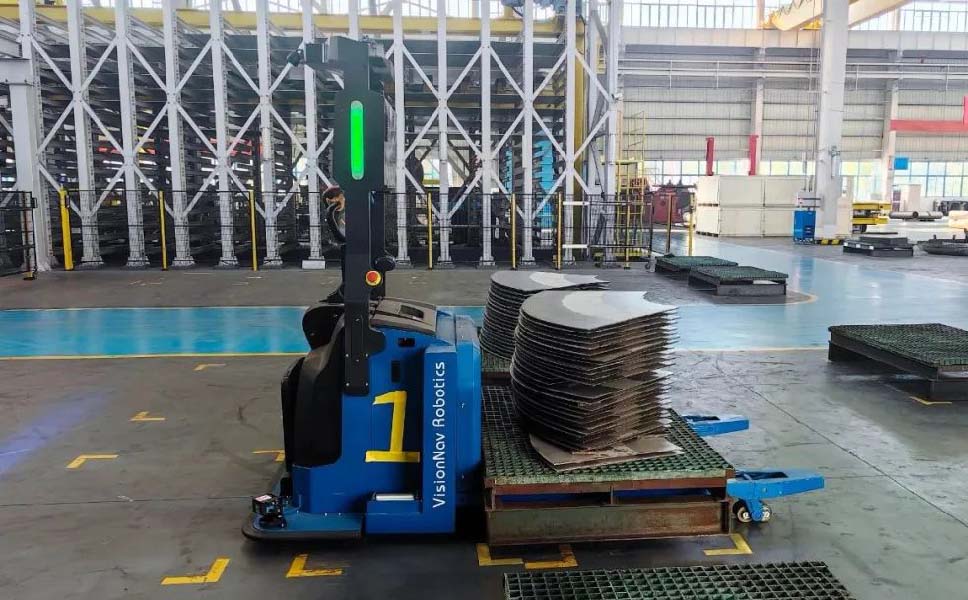
In today's fast-paced logistics industry, warehouse management plays a critical role in ensuring efficient operations and timely delivery of goods. As businesses strive to optimize their warehouse processes, automated forklift solutions are emerging as a revolutionary technology, promising increased productivity, reduced costs, and improved safety standards. Let's delve deeper into the world of automated forklifts and discover how they can transform your warehouse operations.
Embracing Automation: The Rise of Automated Forklifts
Automated forklifts, also known as driverless forklifts or robotic forklifts, are equipped with advanced sensors, cameras, and navigation systems that allow them to operate autonomously within warehouse environments. Unlike traditional forklifts that require manual operation by human operators, automated forklifts can navigate through aisles, pick up and transport pallets, and perform other tasks without human intervention. This automation not only reduces the need for human labor but also minimizes the risk of accidents and injuries in the workplace.
Key Features and Benefits
Implementation Considerations
When considering the implementation of automated forklift solutions in your warehouse, several factors should be taken into account. These include:
The Future of Warehouse Automation
As technology continues to evolve, we can expect to see further advancements in automated forklift technology, including improved navigation systems, enhanced capabilities, and integration with other warehouse automation technologies such as robotic picking systems and inventory management software. By embracing automated forklift solutions, businesses can revolutionize their warehouse operations, stay competitive in the market, and meet the growing demands of the digital age.
In conclusion, automated forklift solutions have the potential to revolutionize warehouse management by offering increased efficiency, accuracy, cost savings, and safety. By exploring and embracing this transformative technology, businesses can unlock new levels of productivity and success in their warehouse operations.